Filter by
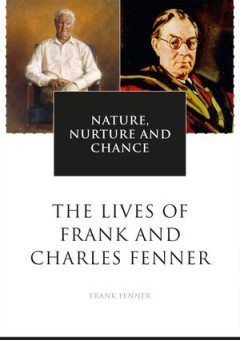
Nature, nurture and chance : the lives of Frank and Charles Fenner
Frank Fenner’s life, as it unfolds in these pages, marks a significant piece of thehistory of Australian science. His chapters are studded with the names of manyof the major players in pathology, microbiology and the rising field of virologywith whose lives he interconnected, and his mode of inserting boxed informationon these participants throughout his text provides valuable biograp…
- Edition
- -
- ISBN/ISSN
- 1 920942 63 7
- Collation
- -
- Series Title
- -
- Call Number
- 579.092 FEN n

Anthropometric Individualization of Head-Related Transfer Functions Analysis …
Human sound localization helps to pay attention to spatially separated speakers using interaural level and time differences as well as angle-dependent monaural spectral cues. In a monophonic teleconference, for instance, it is much more difficult to distinguish between different speakers due to missing binaural cues. Spatial positioning of the speakers by means of binaural reproduction methods …
- Edition
- -
- ISBN/ISSN
- 9783832545437
- Collation
- -
- Series Title
- -
- Call Number
- -
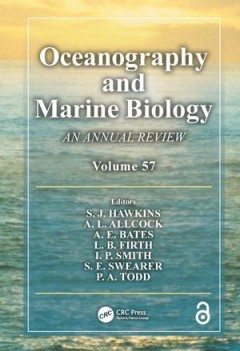
Virtual Works – Actual Things
Beyond musical works: new perspectives on music ontology and performance What are musical works? How are they constructed in our minds? Which material things allow us to speak about them in the first place? Does a specific way of conceiving musical works limit their performative potentials? Which alternative, more productive images of musical work can be devised? Virtual Works – Actual Things…
- Edition
- -
- ISBN/ISSN
- 9789461662521
- Collation
- -
- Series Title
- -
- Call Number
- 780

Transpositions: Aesthetico-Epistemic Operators in Artistic Research
Research leads to new insights rupturing the existent fabric of knowledge. Situated in the still evolving field of artistic research, this book investigates a fundamental quality of this process. Building on the lessons of deconstruction, artistic research invents new modes of epistemic relationships that include aesthetic dimensions. Under the heading transposition, seventeen artists, music…
- Edition
- -
- ISBN/ISSN
- 9789461662538
- Collation
- -
- Series Title
- -
- Call Number
- 780
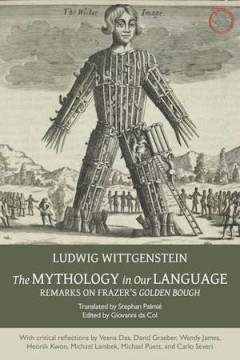
Powers of Divergence: An Experimental Approach to Music Performance
What does it mean to produce resemblance in the performance of written music? Starting from how this question is commonly answered by the practice of interpretation in Western notated art music, this book proposes a move beyond commonly accepted codes, conventions and territories of music performance. Appropriating reflections from post-structural philosophy, visual arts and semiotics, and cruc…
- Edition
- -
- ISBN/ISSN
- 9789461662514
- Collation
- -
- Series Title
- -
- Call Number
- 780
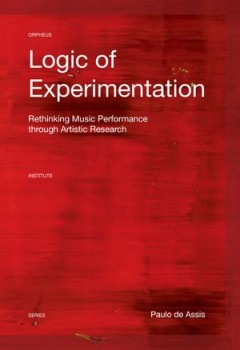
Logic of Experimentation
Beyond interpretation: a proposal for experimental performance practices Logic of Experimentation offers several innovative and ground-breaking perspectives on music performance, music ontology, research methodologies and ethics of performance. It proposes new modes of thinking and exposing past musical works to contemporary audiences, arguing for a new kind of performer, emancipated from autho…
- Edition
- -
- ISBN/ISSN
- 9789462701380
- Collation
- -
- Series Title
- -
- Call Number
- 780
Permanent Pixels
This book is about the longevity of digital surrogates of historical photographs. The preservation of digital photos is considered in the context of long-term access to digital objects in general. There is a general view among archivists, librarians and museum professionals that analogue originals and their digital counterparts are closely related. The features of a digital surrogate, such as a…
- Edition
- Vol. 1.0
- ISBN/ISSN
- 9789069844626
- Collation
- -
- Series Title
- -
- Call Number
- -
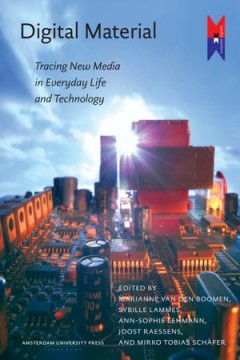
Digital Material
Three decades of societal and cultural alignment of new media have yielded a host of innovations, trials, and problems, accompanied by versatile popular and academic discourse. New Media Studies crystallized internationally into an established academic discipline, and this begs the question: where do we stand now? Which new questions are emerging now that new media are being taken for granted, …
- Edition
- -
- ISBN/ISSN
- 9789089640680
- Collation
- -
- Series Title
- -
- Call Number
- 791 RAE d
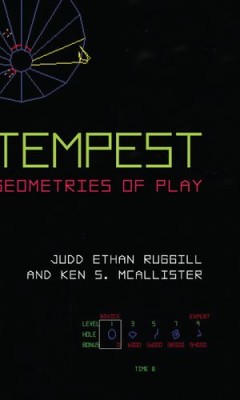
Tempest
Atari’s 1981 arcade hit Tempest was a “tube shooter” built around glowing, vector-based geometric shapes. Among its many important contributions to both game and cultural history, Tempest was one of the first commercial titles to allow players to choose the game’s initial play difficulty (a system Atari dubbed “SkillStep”), a feature that has since became standard for games of all t…
- Edition
- -
- ISBN/ISSN
- 9780472900107
- Collation
- -
- Series Title
- -
- Call Number
- -
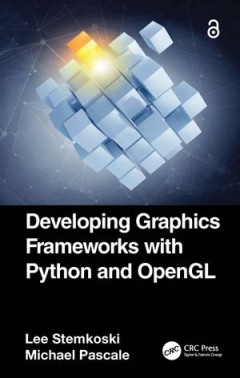
Developing Graphics Frameworks with Python and OpenGL
Developing Graphics Frameworks with Python and OpenGL shows you how to create software for rendering complete three-dimensional scenes. The authors explain the foundational theoretical concepts as well as the practical programming techniques that will enable you to create your own animated and interactive computer-generated worlds.You will learn how to combine the power of OpenGL, the most wide…
- Edition
- Ed. 1
- ISBN/ISSN
- 1000407950, 9781000407952
- Collation
- -
- Series Title
- -
- Call Number
- -
 Computer Science, Information & General Works
Computer Science, Information & General Works  Philosophy & Psychology
Philosophy & Psychology  Religion
Religion  Social Sciences
Social Sciences  Language
Language  Pure Science
Pure Science  Applied Sciences
Applied Sciences  Art & Recreation
Art & Recreation  Literature
Literature  History & Geography
History & Geography